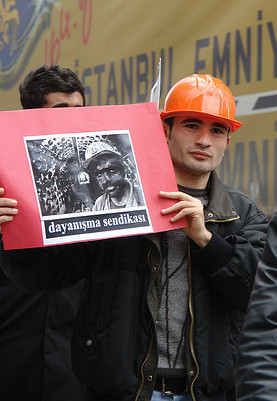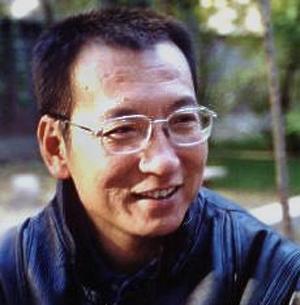Outrage After Turkish Mine Explosion Kills Over 200
/Allyson Cartwright, Contributing JournalistLast Modified: 21:04 p.m. DST, 15 May 2014
SOMA, Turkey— At least 245 Turkish miners have died and 120 are still trapped after an explosion of a coal mine in what is being called the “worst industrial accident in the country’s history”. Hopes of rescuing the remaining miners are “dimming” according to Energy Minister Taner Yildiz. Thousands of people are rallying in response in Turkey, angered by the disaster and the lacking efforts from the government and rescue agencies.
The explosion in the mine occurred after a malfunction with a power unit. This has resulted in a power outage in the mine, making the mine cages inoperative and thus rescue efforts far more difficult. It is also reported by The Guardian that fires from the blast had not yet been extinguished, 18 hours after the explosion. Most of the deaths were caused by carbon monoxide poisoning as claimed by Yildiz. Reuters reported that oxygen is being pumped into the mine in order to keep the remaining trapped miners alive. However, Mehmet Torun, a board member and former head of the Chamber of Mining Engineers says, “Unless we have a major miracle, we shouldn't expect anyone to emerge alive at this point.”
Tensions are rising above ground as well in the nearest city to the mine, Soma. Friends and relatives of the deceased and trapped miners are venting frustrations against Prime Minister Erdoğan and his Justice and Development Party. Erdoğan’s government has a questionable history with the mining industry. Turkey was ranked third worst for worker deaths by the International Labour Organization in 2012. The New York Times says just two weeks ago they vetoed a proposition for a parliamentary commission that would try to alleviate the dangerous conditions in the mining industry. His government is further criticized for not responding to his rival party, Republican People's Party. They requested action on work-related incidents in the Soma mines in April, but were refused.
Violent demonstrations concerning the mining accident are occurring in Soma as well as in the country’s largest city, Istanbul, and the capital, Ankara. Wednesday afternoon protestors, mostly teens and 20-somethings, confronted riot police at the headquarters of the Justice and Development Party, according to The Huffington Post. They also said that the police were equipped with gas masks and water cannons. The protestors could be heard shouting that Erdoğan was a “murderer” and a “thief”. It was reported that hundreds of protestors were also at the Soma Holding headquarters, the company that owns the mine.
Erdoğan’s presence at the mine furthers the anticipation of his candidacy in the upcoming presidential election, despite him not confirming a bid. He has postponed an international trip, instead going to visit the mine. He also has declared three days of mourning in Turkey for those miners lost. According to The Huffington Post, in the past he has been unsympathetic to the dangerous mining conditions in Turkey, saying after a 2010 accident where 30 miners died that it is part of the “profession's fate”. In the case of this accident in Soma, Erdoğan insists that it will be fully investigated. On the miners still trapped, the prime minister said, “Our hope is that, God willing, they will be brought out. That is what we are waiting for."
Follow Allyson on Twitter Twitter: @nahmias_report Contributing Journalist: @allysoncwright
Related articles
- Turkish families bury miners as toll rises to 282 (news.yahoo.com)
- Turkey coal mine explosion: Turkish PM's advisor Yusuf Yerkel 'caught kicking protester' (independent.co.uk)
- 'Explosions like this in the mines happen all the time': What the Turkish disaster says about the world's coal industry - and about all of us (blogs.wvgazette.com)
- Turkish prime minister says mine disasters are 'ordinary' as his aide photographed kicking a demonstrator (news.nationalpost.com)
- Turkish police open fire on protesters at coal mine explosion... (ibtimes.co.uk)




















